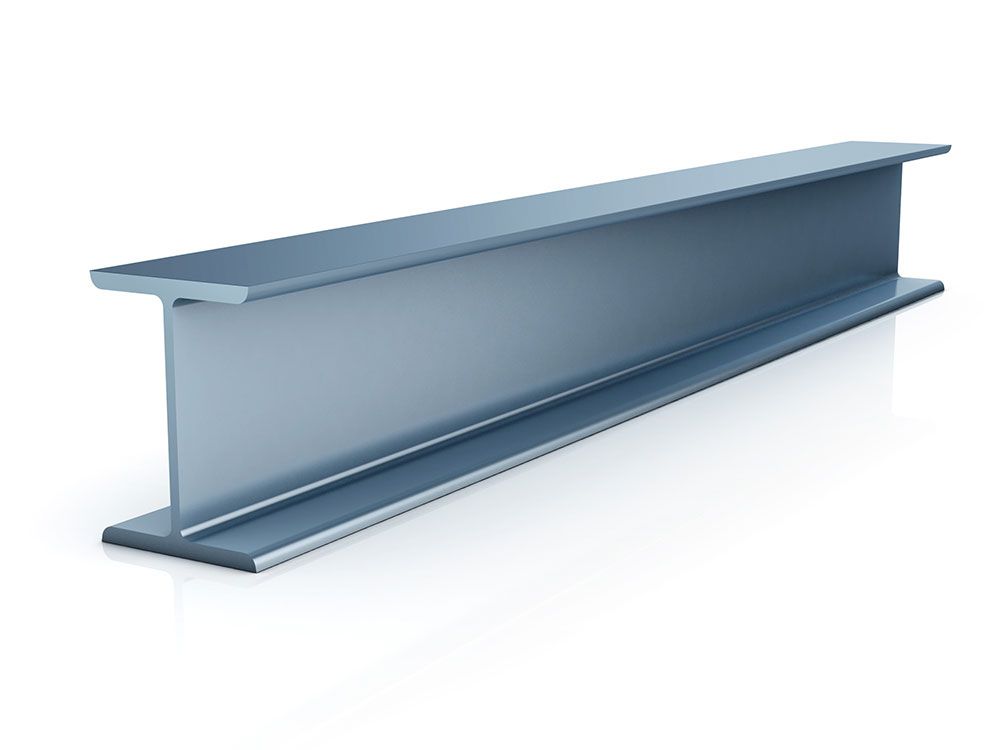Malaysia’s manufacturing industry is experiencing rapid change, and automation is at the heart of this transformation. As companies push for greater efficiency, accuracy, and scalability, many are turning to intelligent systems and robotics for solutions. In this evolving environment, choosing the right factory automation solution Malaysia manufacturers can rely on is becoming more important than ever.

What is factory automation?
Factory automation involves using control systems, machinery, and robotics to perform manufacturing tasks with minimal human intervention. These systems are designed to:
- Improve production speed and consistency
- Reduce labour-related errors
- Lower long-term operational costs
- Enhance safety in hazardous environments
Automation can range from simple conveyor systems to complex robotic arms that handle welding, assembly, and inspection with pinpoint accuracy.
Key components of automation systems
Modern automation setups often include a mix of the following:
- Industrial robots – Used for tasks like welding, material handling, and precision assembly
- Sensors & control units – Monitor conditions and provide real-time feedback for smarter decisions
- PLC systems (Programmable Logic Controllers) – Manage the operations and sequences within a production line
- HMI interfaces (Human-Machine Interfaces) – Allow operators to control and adjust systems easily
These components must work together seamlessly, often tailored to the specific needs of an industry such as automotive, electronics, or food manufacturing.
Why Malaysian manufacturers are investing in automation
Several trends are driving demand for a reliable factory automation solution in Malaysia:
- Labour shortages – Automation fills skill gaps and reduces reliance on manual labour
- Global competition – Automated systems allow local businesses to scale and meet international quality standards
- Demand for customisation – Smart automation allows manufacturers to produce small-batch or varied products efficiently
- Energy efficiency and waste reduction – Precision systems help reduce material waste and optimise energy usage
Tailored solutions for diverse industries
Each industry has unique automation needs. For example:
- Electronics – Requires high-speed assembly and inspection
- Automotive – Focuses on robotic welding, painting, and parts handling
- F&B processing – Prioritises hygiene and consistency in packaging and filling lines
To explore a range of robotics and control systems tailored for industrial automation, this resource highlights solutions suited for various factory setups in Malaysia.
The road ahead
As more Malaysian factories adopt digital technologies, the demand for scalable, cost-effective automation systems will only increase. Local businesses that embrace automation early gain a competitive edge through improved output, better quality control, and long-term cost savings.
A smart factory automation solution Malaysia businesses can trust should balance technical capability with service support. The future of manufacturing in the country depends not just on automation itself but on choosing partners that understand the complexities of implementation and integration.


